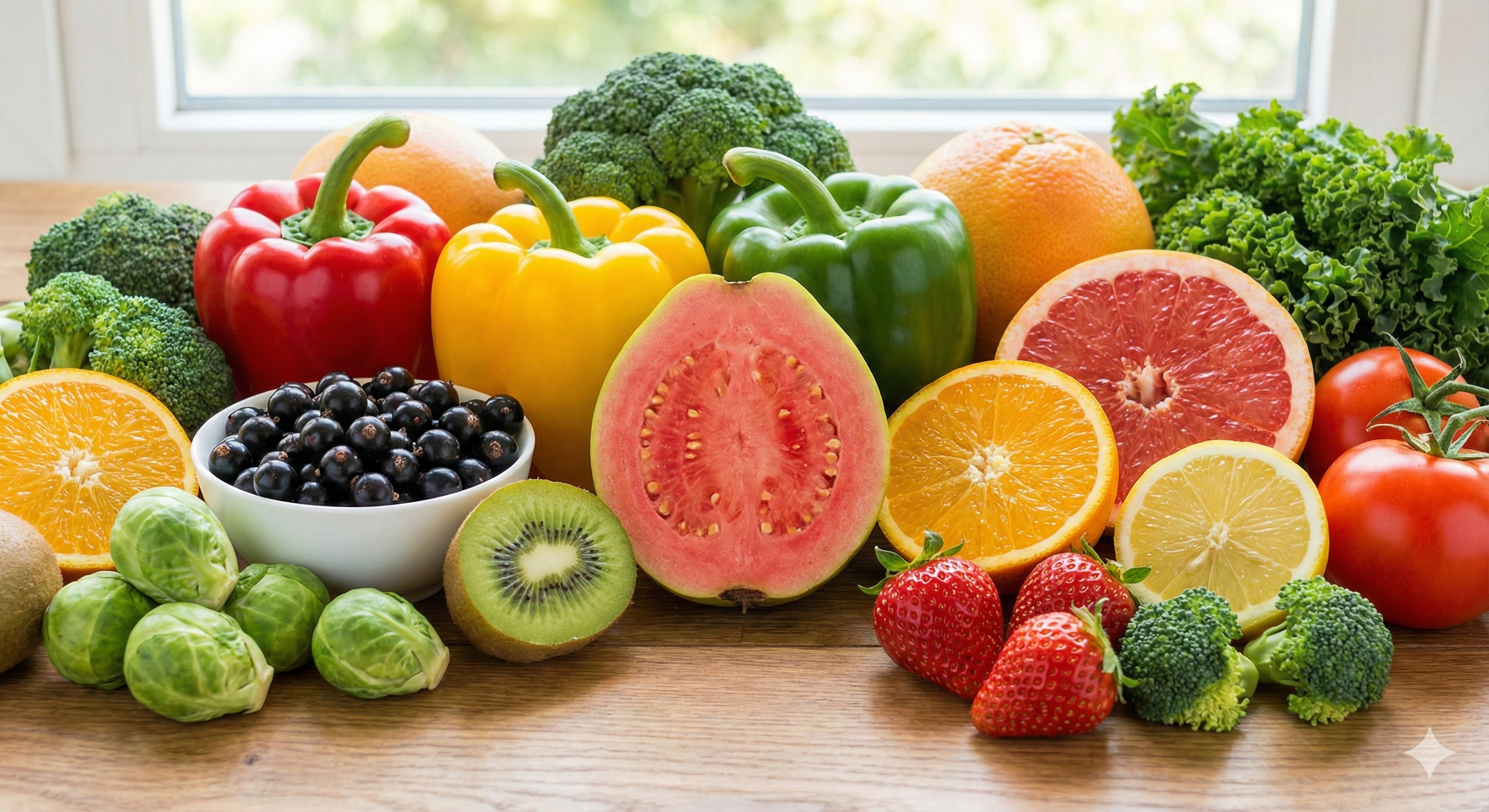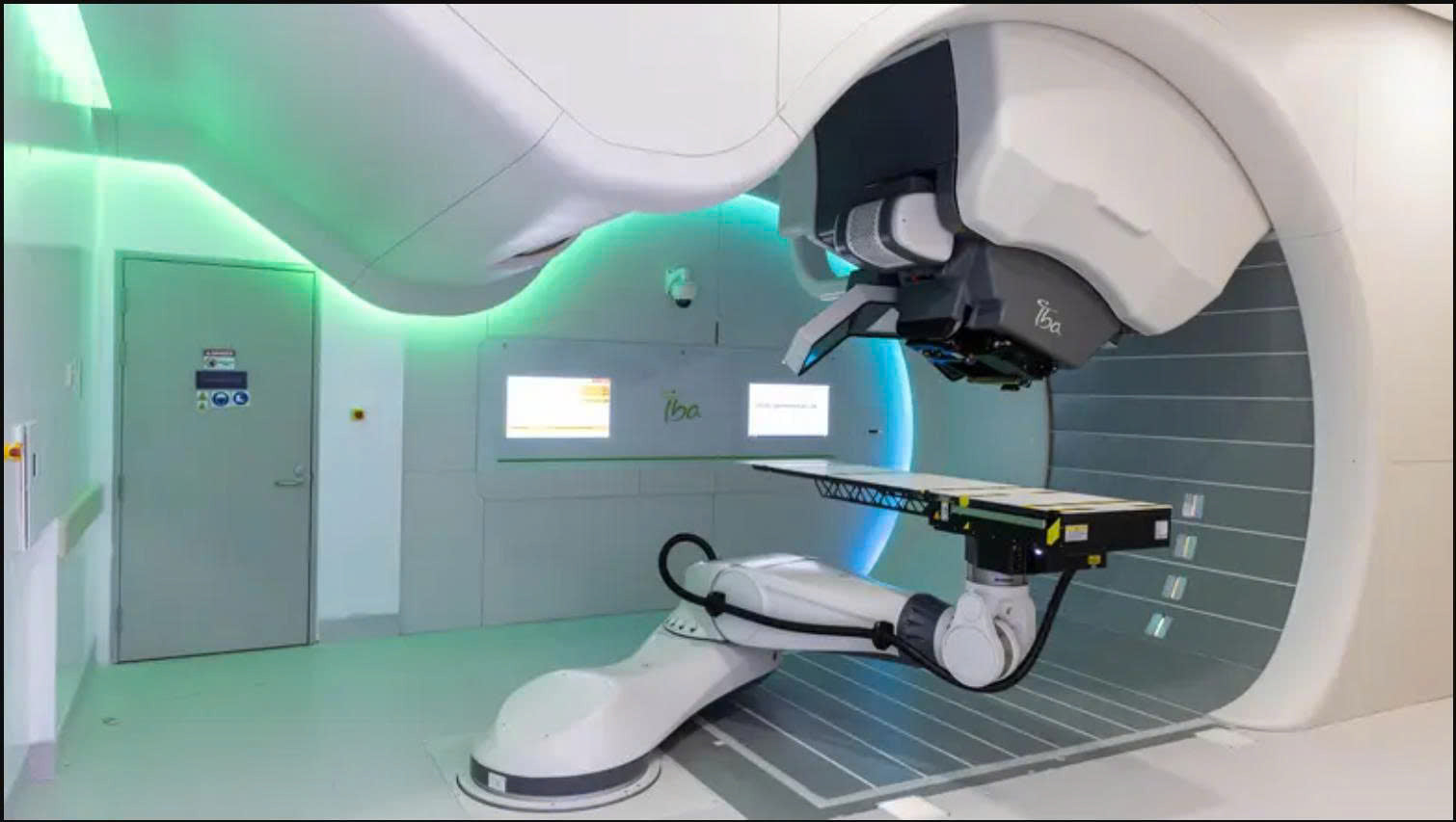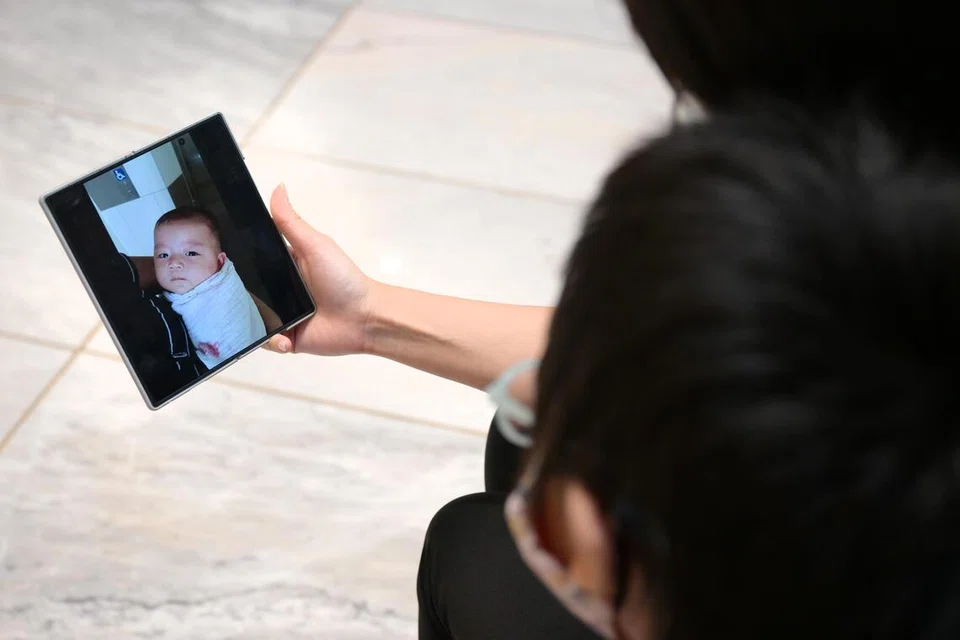Bubble Tea Trouble: What Happens If You Drink Too Much?

If a glass of milk tea is always your favorite refreshing drink, then you are at risk of facing many health problems.
Enjoying a cool glass of milk tea on a hot day is really refreshing. However, with its high sugar content, you should consider before making it a daily habit.
A 20-year-old woman in Taiwan was found to have more than 300 kidney stones after being hospitalized with fever and severe back pain. She said she often drank bubble tea and other soft drinks instead of water.
This is not the first case of bubble tea lovers facing serious health problems. In 2019, a 14-year-old girl in China was said to have suffered severe constipation due to having more than 100 undigested tapioca pearls in her stomach.
Although such severe cases are rare, this begs the question: Can drinking too much milk tea cause illness?
The short answer is yes, according to experts from the National University Hospital (NUH). The more sugar, fat, and toppings like tapioca pearls, the greater the health risk.
Health risks from drinking too much milk tea
Dr Leanne Leong, Nephrologist, Department of Internal Medicine, NUH, explains: Tapioca pearls in bubble tea are usually made from tapioca starch and are often soaked in sugar syrup before being added to the already sweet bubble tea.
“These tapioca pearls increase the calorie content and glycemic index (GI) of bubble tea. They contribute to obesity, aggravate diabetes, and hypertension – common causes of chronic kidney disease,” the doctor said.
The GI is a measure of how quickly and how much a carbohydrate-containing food raises blood sugar.
Most bubble teas also contain caffeine. Dr Matthew D'Costa (NUH) warns: Drinking too much can raise blood pressure, which in turn increases the risk of kidney disease.
Additionally, Nutritionist Yong Xin Nee (NUH) noted: Drinking too much milk tea can increase phosphate from milk and oxalate from tea in the urine. This can lead to kidney stone formation, especially if milk tea replaces plain water.
High in calories and sugar

For people with diabetes or obesity, experts advise limiting or avoiding this type of drink completely. A cup of bubble tea can contain more than 8 teaspoons of sugar – a large part of the daily recommended sugar intake.
Singapore Health Promotion Board (HPB) recommendations: Adults: 8–11 teaspoons of sugar/day. Children and adolescents: <5 teaspoons/day. Calorie requirements: 2,200 calories (men), 1,800 calories (women)
“Sugar in bubble tea can aggravate diabetes, causing kidney damage and kidney failure. Diabetes is the leading cause of kidney failure in Singapore, not just in the elderly,” said Dr. Martin Lee.
Is there a healthier way to drink?
Reducing the amount of sugar in bubble tea helps, but not by much, since the tapioca pearls are often soaked in sugar. According to HPB, a 50% sugar cup without toppings still contains about 5 teaspoons of sugar.
Regarding artificial sweeteners, Dr. Leong warns: They may be linked to the risk of obesity and diabetes. Studies show that simply replacing natural sugar with artificial sweeteners is not enough to cause significant weight loss – it still requires a calorie-controlled diet and exercise.
Tip: Drink in moderation. “There’s no need to cut out bubble tea completely, as this can lead to cravings and overindulgence later,” says the doctor.
Tips for choosing smart milk tea
| Favorite dish "delicious" | Healthier choices |
|---|---|
| Pearl Milk Tea (100% sugar) 366 calories, 40g sugar | Fresh milk tea with pearls (unsweetened) 217 calories, 15.6g sugar |
| Passion fruit tea without pearls (100% sugar) 160 calories, 35g sugar | Black tea without pearls (unsweetened) 0 calories, 0g sugar |
| Pearls 141 calories, 7g sugar | White pearls (konjac) 45 calories, 8g sugar |
| Coconut jelly 124 calories, 30g sugar | Aiyu Jelly (unsweetened) 31 calories, 7g sugar |
Thirsty? Choose water.
Water should be your main source of fluid. “Drinking enough water helps dilute your urine, reducing the risk of kidney stones,” says Dr. Lee.
However, people with kidney, liver, and heart disease should consult their doctor about how much water is safe for them. “Patients with advanced kidney disease, liver disease, or heart failure are at risk of fluid overload if they drink too much water. These patients are encouraged to talk to their doctor to determine the appropriate amount of water for them,” said Dr. D’Costa.
Experts also stress the importance of regular screening for chronic diseases such as diabetes, high blood pressure, high cholesterol, and kidney function tests with a primary care physician. “Regardless of whether you drink bubble tea or not, Singapore still has a higher prevalence of chronic diseases such as kidney disease and diabetes compared to many other countries,” said Dr. D’Costa.
Source: https://www.nuhsplus.edu.sg/article/what-happens-if-you-drink-too-much-bubble-tea
-------------------------------------------------------------------------------------------
👉 Contact SunCare for medical support and advice as well as professional private jet transportation services 🇸🇬 SUNCARE PTE. LTD SINGAPORE
🏠 Add: 10 Anson Road, #10-11 International Plaza, Singapore 079903
☎️ Hotline: +65 96727717 (Dr. Lien Minh - Director) Zalo, Viber
📨 Email: suncarehealth@gmail.com






